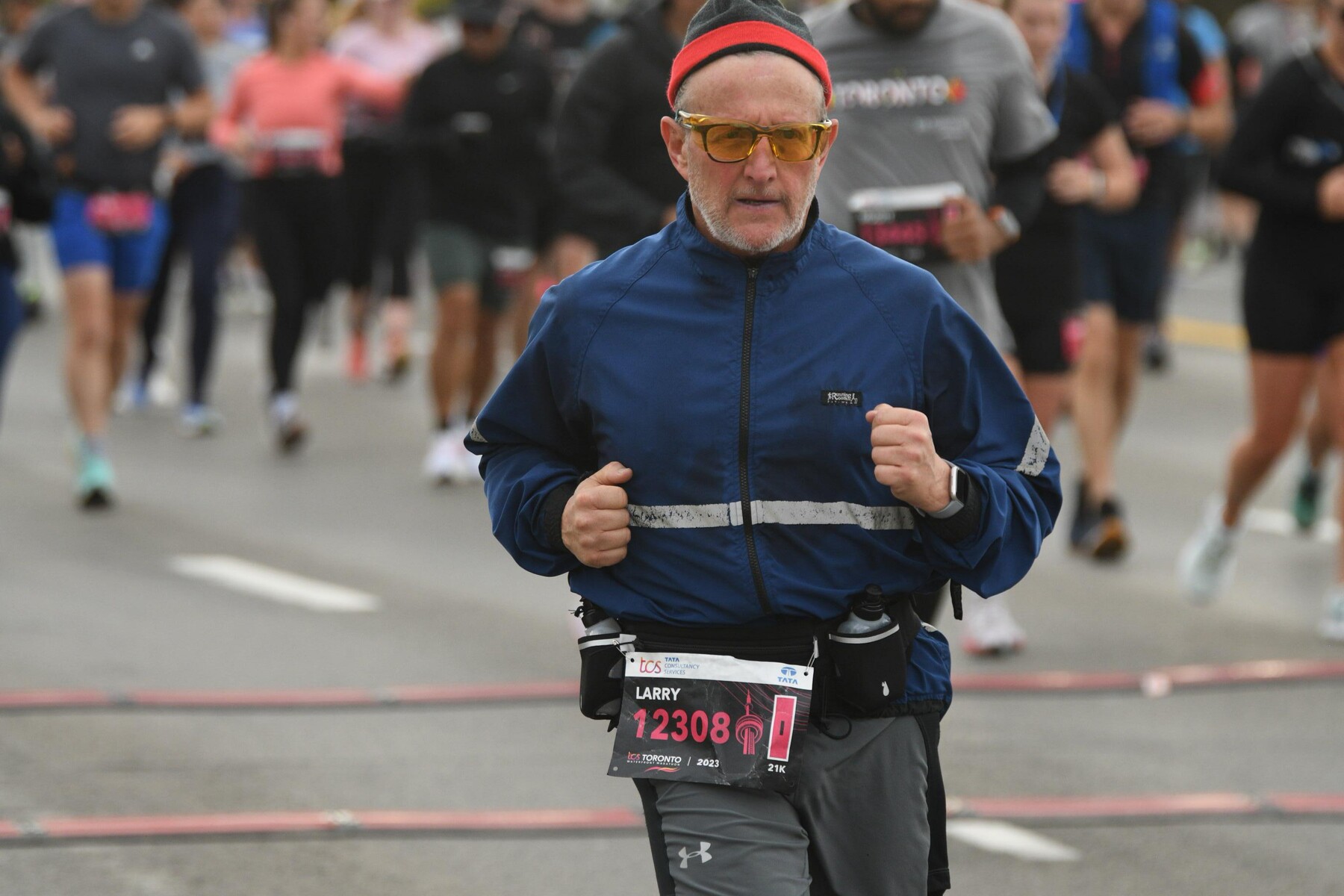Turning Groundhog Day Into Mindful Management of Parkinson’s Disease
by Larry Linton
As if a diagnosis of Parkinson’s disease (PD) - a chronic, progressive condition for which there is with no cure - isn’t bad enough to deal with, add dementia into the mix and living with the disease gets scarier.
This daunting subject came up eight years into my journey with Parkinson's. Up to then, I was firmly in a "honeymoon" period: my motor symptoms were well controlled by my medication; I had been admitted to Partner status at a large international professional services firm; I was still exercising vigorously.
But, both in social settings and in the office, I noticed a difficulty in finding the right words to complete a sentence. I would start out normally, but after a few spoken words, my mind would stray, and I could no longer remember what I intended to say. My verbal sentences were left hanging, incomplete. I felt the stares of people on me, and that made me feel worse. I apologized and quickly tried to make light of those rare, but embarrassing, occurrences.
When this became more consistent and routine, I knew something was up. By then, I could not think of an appropriate word to convey a thought, and I was routinely requesting that a question asked of me be repeated as I could not retain the question in my mind while others around the room were answering it.
The stares continued. It was time to see my Neurologist.
He suggested a re-assessment of my cognitive functioning against my first assessment that I had undertaken six years previously. Ultimately, my results showed mild cognitive impairment, leading to a second diagnosis of “PD with mild cognitive impairment”.
On hearing the news, I felt like Bill Murray in the movie “Groundhog Day”. There I was getting another diagnosis, eight years after my first. I would have to share the news with my family, again. I would have to adapt and live with a new challenge, again.
But the big difference was how I reacted to the news. I knew what I wouldn’t do and knew what I should do. I was not going to repeat what I had done on the very first day of my diagnosis. I was going to avoid “Google” and “You Tube”. Instead, I reacted to the news with a stronger mindset. I was able to digest the topic less emotionally and with a calmer mind. I could stand back and observe the news as opposed to being overwhelmed and consumed by it.
I did some research and found an article published in Science Direct, v. 19, Issue 2, pp. 505-686 (June, 2010) titled: "Mindfulness meditation improves cognition: Evidence of brief mental training". In it the authors confirm that long-term mindfulness meditation practice promotes executive functioning and the ability to sustain attention but that, additionally and more importantly, even brief meditation training significantly improved visio-spatial processing, working memory, and executive functioning. Encouraged by this, I started to incorporate the practice of mindful meditation into my daily exercise routine, first thing every morning.
The practice of mindful meditation centres principally around your breath - conscious, deep belly breathing, inhaling for 5 seconds, holding your breath for 2, and exhaling for 7. It’s natural for the mind to wander, and when it does, you refocus on your breath. It took me a while to perfect the routine but now, years later, I turn to my breath work to calm and re-centre myself whenever I need it, for example, when preparing for a client meeting, before delivering a presentation, or when stuck in traffic!
Now into my twelfth year with Parkinson's I am pleased to say that both physically and cognitively, I am enjoying another plateau or "honeymoon" period. Last summer, I trained for a 100-kilometer bike ride with my Parkinson's team, "Rigid Riders". After that event, I transitioned to running, and a day before my 60th birthday, I completed my fourth marathon. I am no longer searching for words. My thought patterns are clearer.
Life with Parkinson's is a serious subject. But if you are lucky and work hard, there are some things that you can do to slow the progression (like exercise) and deal with the cognitive symptoms that may result (like meditation), until the next “step down”. That will be the next morning in the “Groundhog Day”, but with more lived experiences to rely on.

